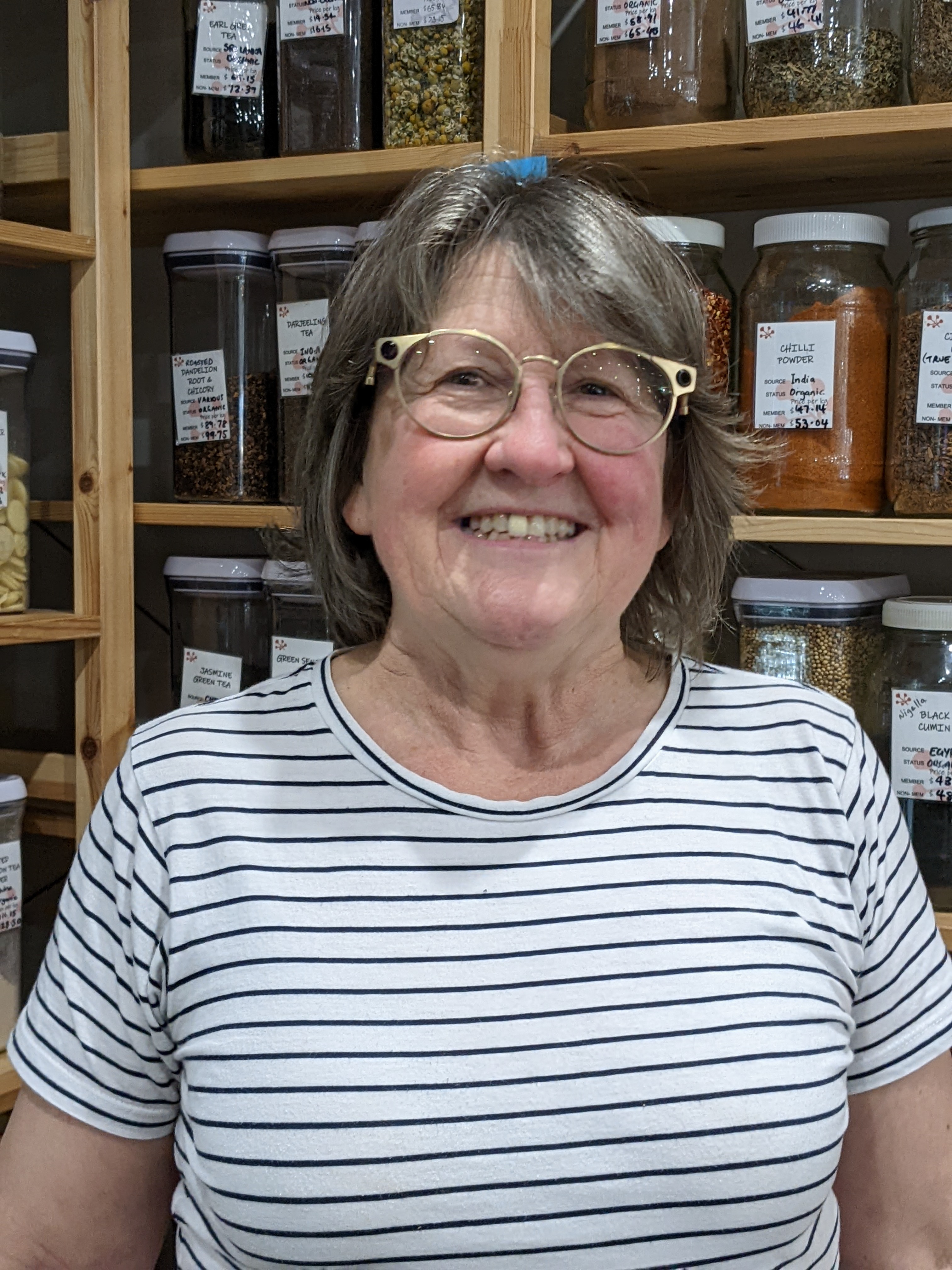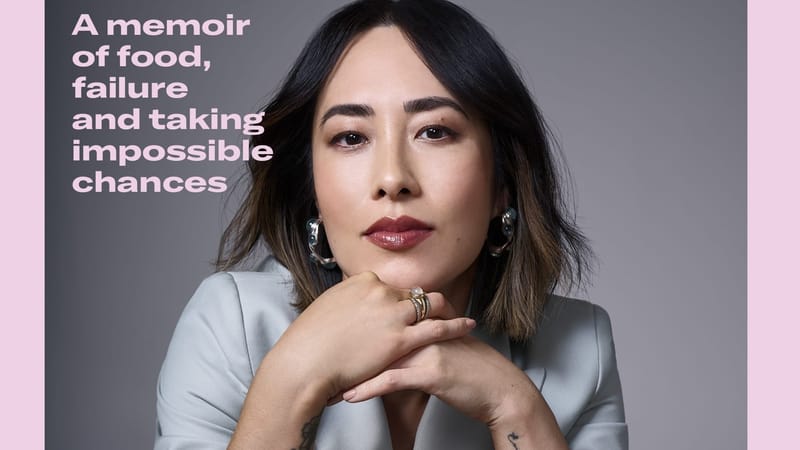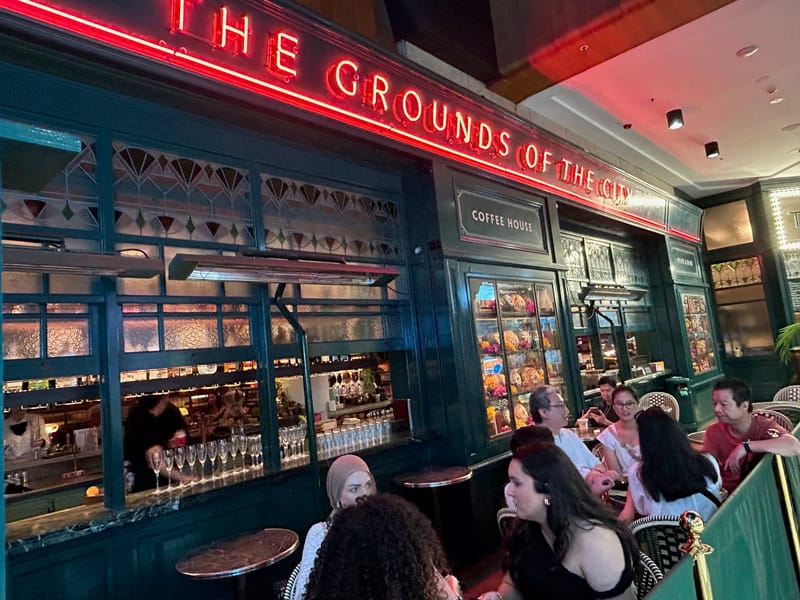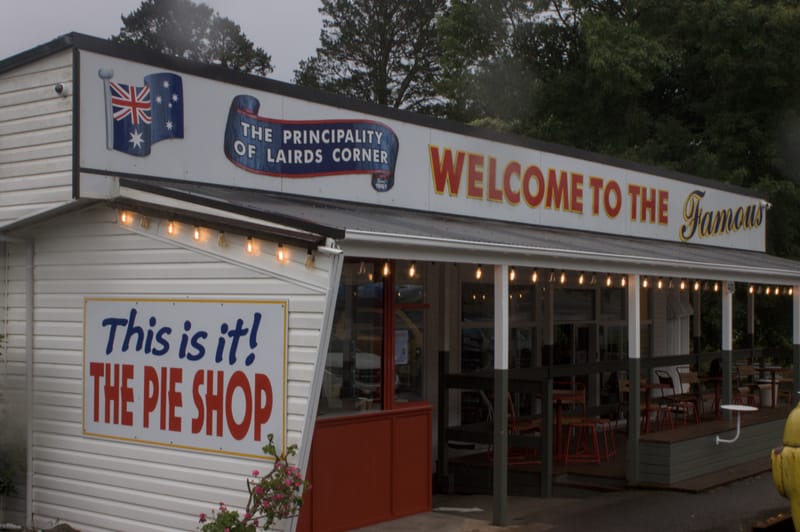How Wollongong's urban farm works
Green Connect is a social enterprise that has been operating for nearly 10 years on a plot of land near Warrawong High School. I met Farm Manager Emily Henderson and Market Garden Coordinator Rod Logan at the farm.
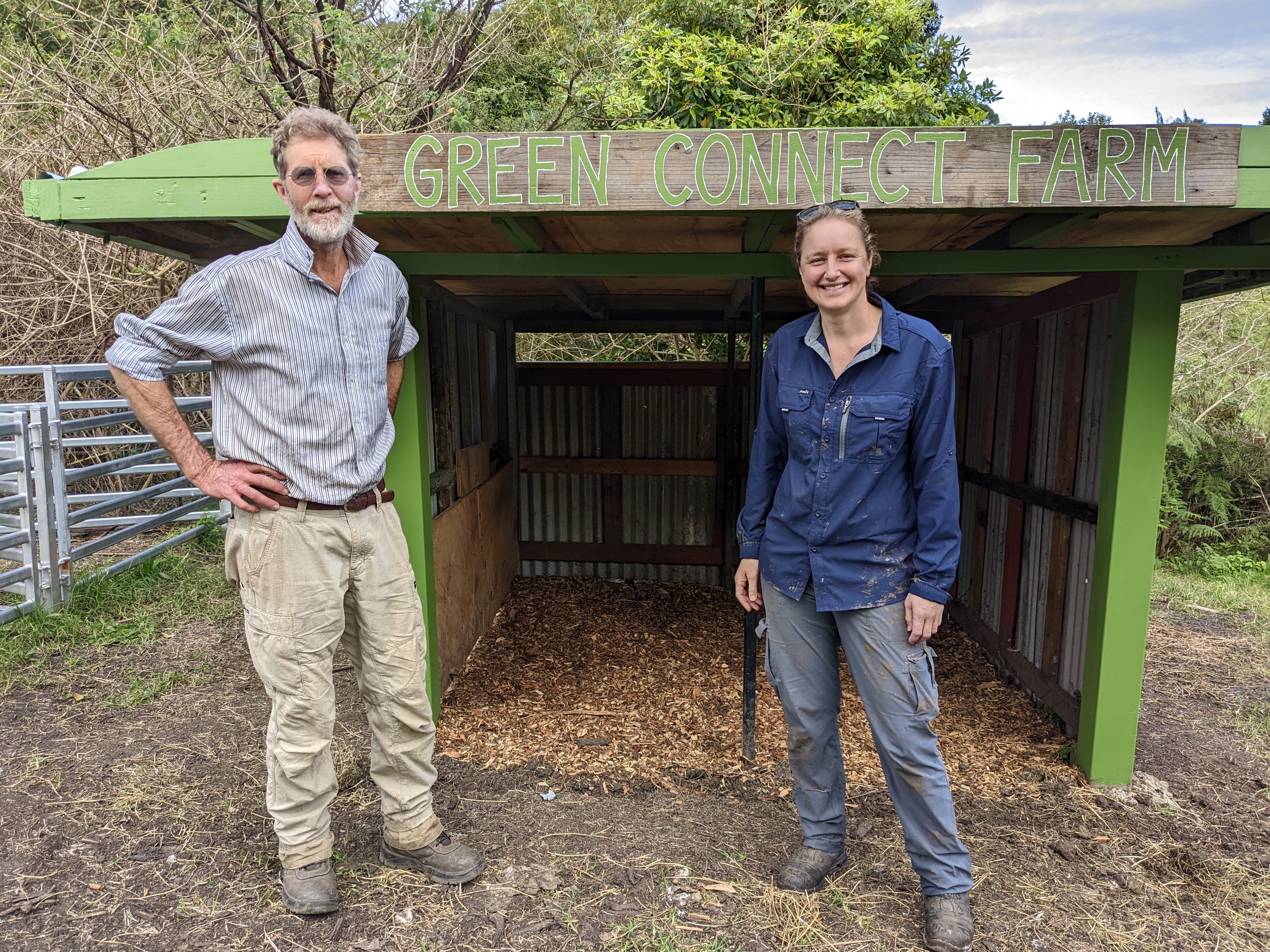
Green Connect is a social enterprise that has been operating for nearly 10 years on a plot of land near Warrawong High School. The organisation is an employer of young people and refugees, a grower of fair food, a leader in waste reduction, a community connector and a sustainable business.
I met Farm Manager Emily Henderson and Market Garden Coordinator Rod Logan at the farm. The site is about 11 hectares of garden beds and natural areas, and is home to five sheep, seven miniature goats and six pigs. The sheep and pigs produce free-range meat for the local market. The goats help with preparing areas for planting through the fertiliser that they add and the weeds they consume. Some of the kids are sold as pets. Next week the team will take delivery of 80 Isa brown hens, the first time the farm has had chickens since a devastating fox attack earlier this year.

The farm is operated using permaculture and organic principles. The past six months or so have been a challenge on the farm, with the extreme rainfall making life very difficult for the workers and for the plants. Emily reports that, since she began at Green Connect nearly a year ago, there has been no need for the extensive irrigation system installed a couple of years ago.
With the warming weather and the relative dry of the previous weeks, some of the beds are starting to produce vegetables such as silverbeet, rainbow chard, lettuce, kohlrabi, leeks, broccoli, parsley, coriander and bok choy.
Rod – who helped found Woonona Community Garden – brings extensive experience in growing food to Green Connect. Many areas of the farm remain too wet to plant out. Adding to the difficulties is the unavailability of some seedling varieties. Rod layers wet areas with mulch and organic matter to break up the clay and improve growing conditions. Rod is a master of compost building and soil health, using lots of horse poo and other organic matter to give the veggies the best chance. With the pigs moving from area to area, the soil quality is gradually improving.
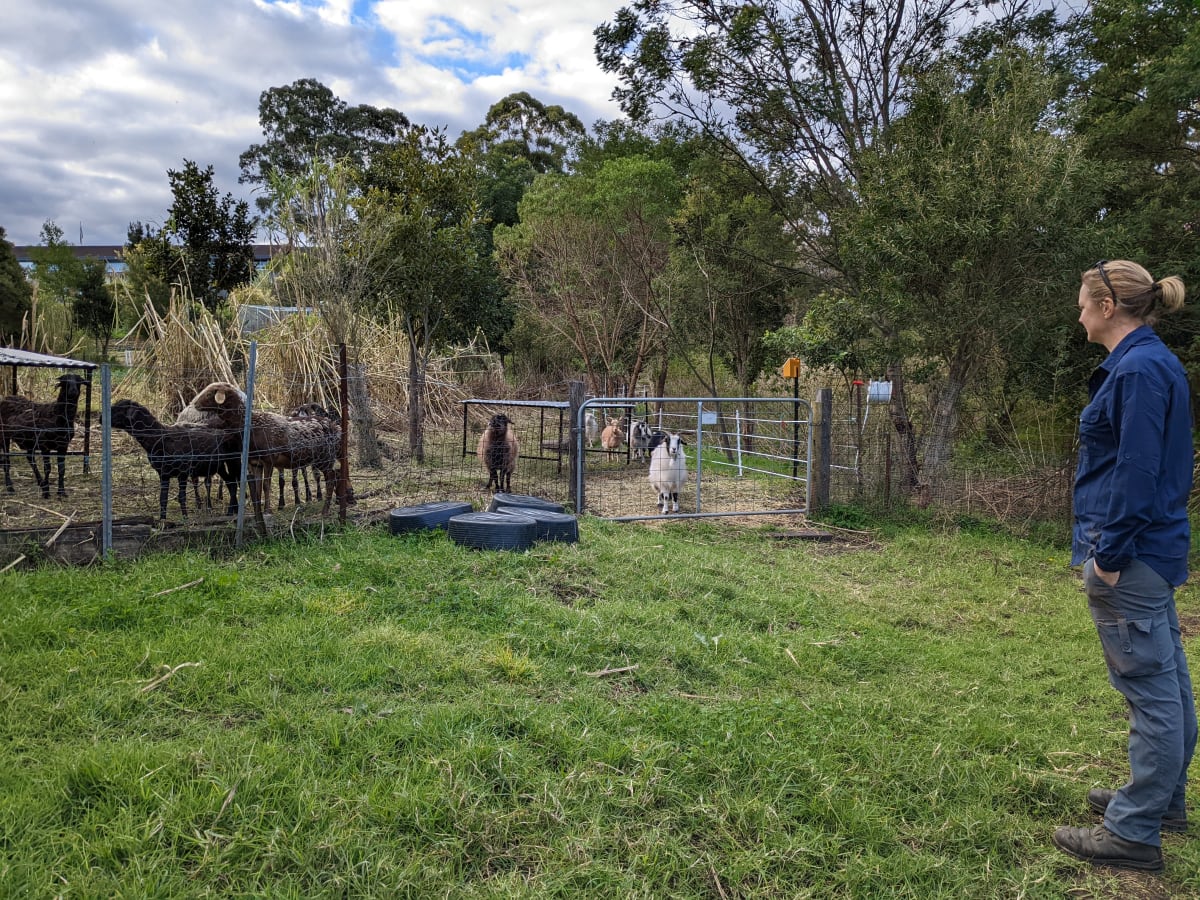
All six of the paid farm staff work part-time. The team supports young work-experience people and former refugees to experience a supportive work environment and to learn the art of growing food. Volunteers are also welcome to work alongside the team.
Produce from the Green Connect farm is sold to the public through the weekly fruit and veg boxes. Harvest is Monday and Tuesday mornings with boxes going out later, within a day of picking. They currently distribute about 160 boxes a week, with farm produce supplemented by organic produce from elsewhere. In times of greater abundance, you can find Green Connect at the Kiama and Port Kembla markets.
Finally, I ask Rod and Emily what motivates them. Emily immediately says “insanity”.
All jokes aside, they are a model for other enterprises and are sought after for their experience in land management for food production.
Apart from the proceeds from the sale of produce, Green Connect relies solely on grants and donations. Find out more here.

